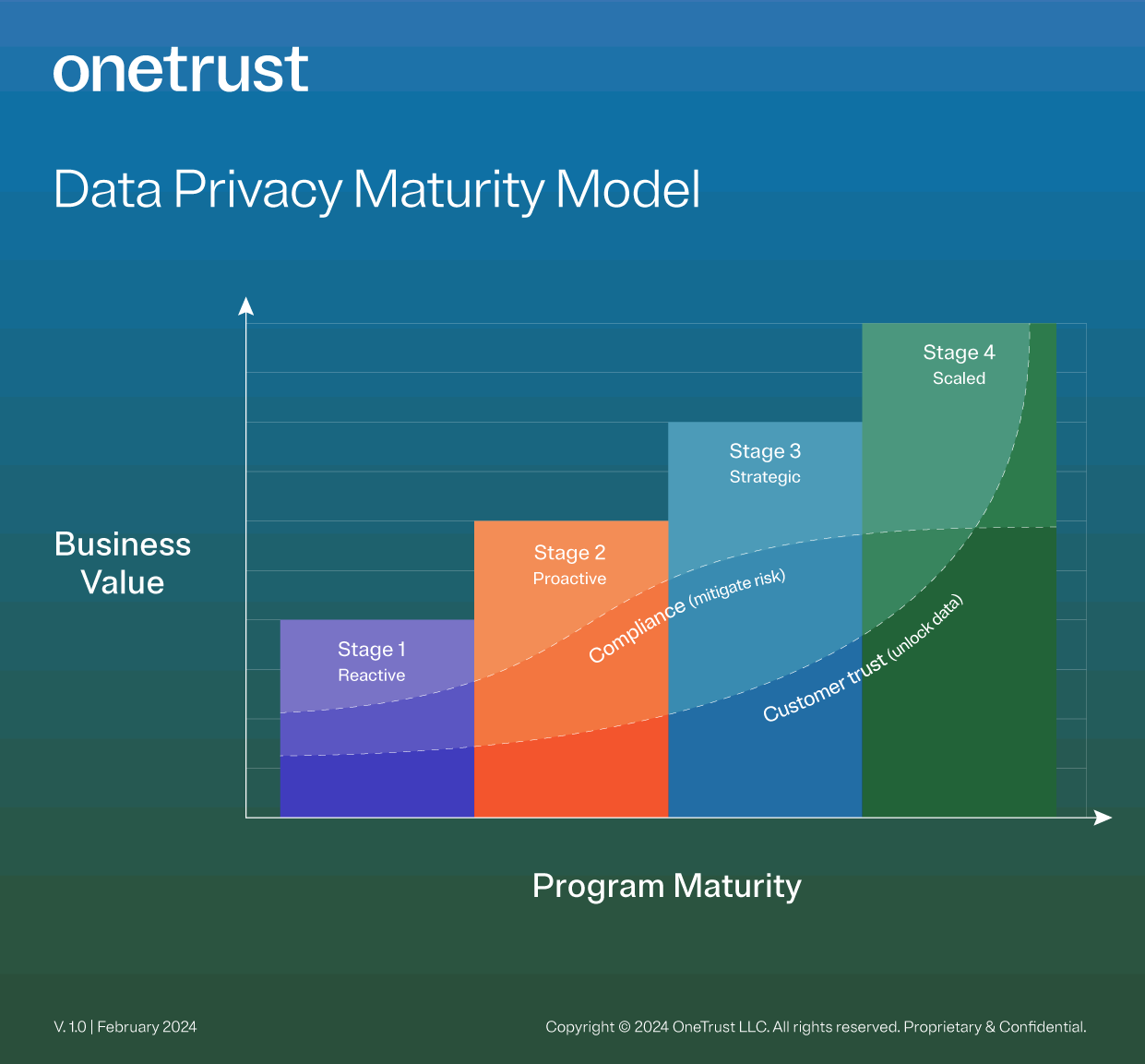Data Privacy and Digital Marketing: Navigating the Ethical Landscape in a Post-GDPR World
Meta Description: Explore the evolving relationship between data privacy and digital marketing in a post-GDPR world. Learn best practices for ethical marketing and discover how to build consumer trust.
In today’s digital landscape, data privacy is paramount. With rising awareness regarding how companies use consumer data, businesses must adapt their marketing strategies to remain compliant and ethical. This blog post delves into the complex relationship between data privacy and digital marketing, particularly in light of the General Data Protection Regulation (GDPR) that came into effect on May 25, 2018.
Author Introduction: Meet Silvio Novak, a digital marketing expert with 5 years of experience specializing in SEO and data privacy. Silvio has assisted numerous businesses in optimizing their digital marketing strategies while ensuring compliance with data privacy laws.
Overview of GDPR
:max_bytes(150000):strip_icc()/general-data-protection-regulation-gdpr.asp-final-1b12e02aa4d149b9af4fcd8aec409a89.png)
The General Data Protection Regulation (GDPR) has transformed the way companies manage consumer data. Enforced on May 25, 2018, the GDPR consists of several fundamental principles surrounding data privacy, including:
- Consent: Businesses must obtain explicit consent from users before collecting and processing their personal data.
- Data Minimization: Organizations should only collect data that is necessary for the specified purpose.
- Right to be Erased: Consumers have the right to request deletion of their personal data.
Non-compliance can result in severe penalties, including fines of up to 4% of global revenue or €20 million, whichever is higher.
The Impact of GDPR on Marketing
Since the GDPR became effective, businesses have had to rethink their marketing strategies. A survey indicated that over 60% of marketers have adjusted their data collection processes to meet compliance requirements.
Case Studies: Successes and Failures
- One notable success is a leading e-commerce platform that revamped its data collection practices, resulting in a 25% increase in customer engagement as consumers felt more secure sharing their information.
- In contrast, Facebook faced severe backlash due to the Cambridge Analytica scandal, emphasizing how poor data practices can lead to public mistrust and regulatory scrutiny.
Consumer Attitudes Towards Data Privacy
As consumers become increasingly savvy about their data rights, their expectations of companies have shifted. According to recent studies, over 80% of consumers are more likely to engage with brands that prioritize data protection.
This growing sentiment has created a market for privacy-enhancing technologies (PETs), such as Virtual Private Networks (VPNs), ad blockers, and privacy-centric browsers like DuckDuckGo.![]()
Moreover, organizations that prioritize strong data privacy practices can benefit from improved consumer trust and loyalty, with studies suggesting up to a 20% increase in consumer retention rates.
Best Practices for Ethical Data Use
To successfully navigate the ethical landscape of digital marketing, companies can adopt the following actionable best practices:
- Transparency: Implement clear and transparent data collection practices. Inform consumers about how their data will be used and stored.
- Regular Privacy Audits: Conduct regular assessments of data handling processes to ensure compliance and identify potential vulnerabilities.
- Opt-In/Opt-Out Options: Provide users with straightforward mechanisms to opt-in or opt-out of data collection activities.
Utilizing tools like OneTrust
and TrustArc can streamline compliance efforts and help businesses manage their data privacy practices effectively.
Emerging Trends in a Post-GDPR World
The GDPR has spurred a shift toward first-party data strategies where businesses build direct relationships with consumers for data collection. This strategic pivot not only ensures compliance but can also enhance the quality of the data collected.
Additionally, contextual advertising has emerged as a viable alternative to traditional methods that depend heavily on personal data. By focusing on the context of the content rather than the data about users, marketers can still reach relevant audiences without violating privacy laws.
International Implications and Other Regulations
GDPR has influenced global practices, prompting similar regulations like the California Consumer Privacy Act (CCPA) and Brazil's General Data Protection Law (LGPD). Understanding these varying regulations becomes critical for international brands operating across borders, requiring a keen awareness of compliance nuances.
Particularly, cross-border data transfer mechanisms such as the EU–US Privacy Shield have evolved in response to GDPR, emphasizing the importance of lawful data transfers and consumer protection across different regions.
Resources for Further Education
For those looking to deepen their understanding of GDPR and ethical marketing practices, consider exploring the following resources:
Get tips like this in your inbox
One growth tip every Tuesday. No spam.
- Official GDPR guidelines: European Commission
- Industry reports on data protection and marketing strategies.
- Webinars offered by organizations like the International Association of Privacy Professionals (IAPP).
Conclusion
Navigating data privacy in digital marketing is both a challenge and an opportunity for businesses today. By prioritizing ethical practices and transparency, organizations can not only comply with regulations but also build lasting customer relationships based on trust. As the landscape continues to evolve, staying informed about data privacy trends and tools can provide a competitive edge in this rapidly changing environment.
Are you ready to enhance your marketing strategies while prioritizing data privacy? Join the conversation and explore more about ethical practices by signing up for updates or checking out related content!
